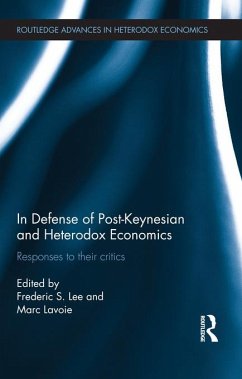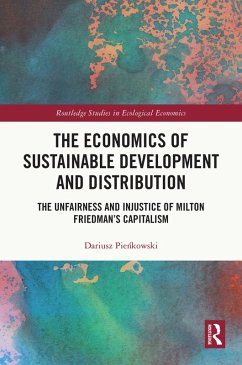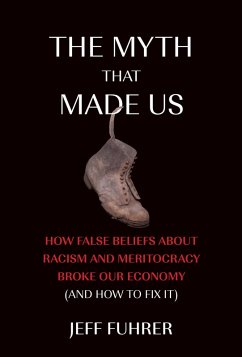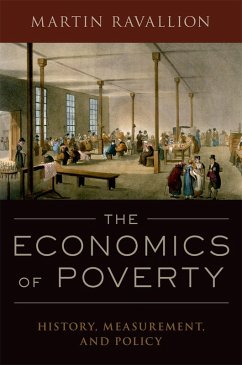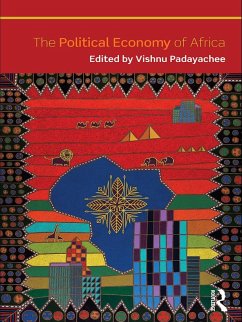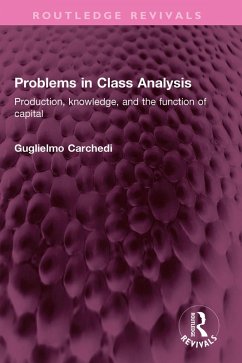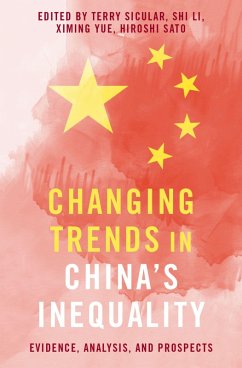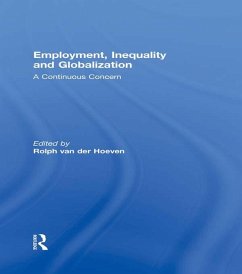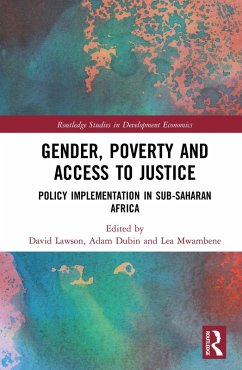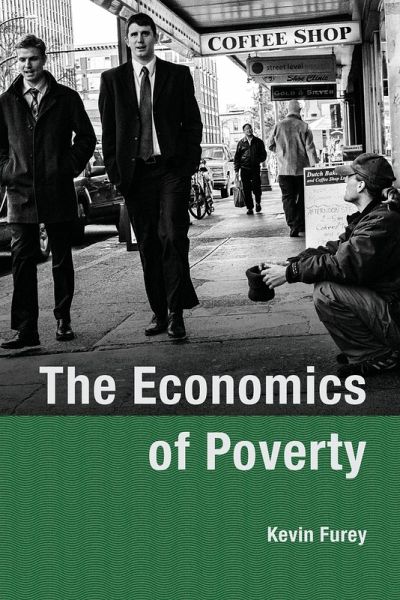
The Economics of Poverty (eBook, ePUB)
Versandkostenfrei!
Sofort per Download lieferbar
17,95 €
inkl. MwSt.
Weitere Ausgaben:

PAYBACK Punkte
9 °P sammeln!
The goal of this introductory economics textbook is to use economic analysis to determine the causes and solutions to one of the United States' most vexing social problemspoverty. Using examples of orthodox and heterodox economic theories, The Economics of Poverty fills a gap in the traditional discussion around poverty, focusing on how our economy contributes to and can solve the problem of poverty. Unlike many Economics textbooks, this book is written in plain language that welcomes readers into the complex conversation about poverty.Relying on current data and helpful graphs and charts, The...
The goal of this introductory economics textbook is to use economic analysis to determine the causes and solutions to one of the United States' most vexing social problemspoverty. Using examples of orthodox and heterodox economic theories, The Economics of Poverty fills a gap in the traditional discussion around poverty, focusing on how our economy contributes to and can solve the problem of poverty. Unlike many Economics textbooks, this book is written in plain language that welcomes readers into the complex conversation about poverty.
Relying on current data and helpful graphs and charts, The Economics of Poverty provides students with a lens through which to view the complexities of poverty as a social problem with economic roots. This in-depth exploration of two major economic theories' response to poverty models the behavior of actual economists, who must do more than just crunch the numbers in their search for answers. Students learn how to think like an economist and use the common toolset from a friendly voice.
Relying on current data and helpful graphs and charts, The Economics of Poverty provides students with a lens through which to view the complexities of poverty as a social problem with economic roots. This in-depth exploration of two major economic theories' response to poverty models the behavior of actual economists, who must do more than just crunch the numbers in their search for answers. Students learn how to think like an economist and use the common toolset from a friendly voice.
Dieser Download kann aus rechtlichen Gründen nur mit Rechnungsadresse in A, D ausgeliefert werden.




